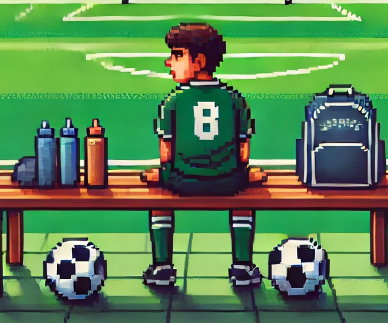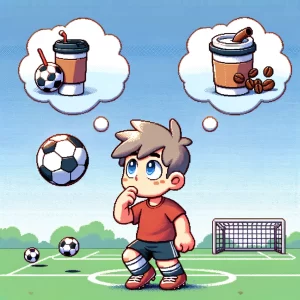
Understanding Maltreatment in Soccer
Maltreatment in sports is an uncomfortable but necessary topic of conversation. For soccer players, coaches, and club managers alike, understanding maltreatment and its implications isn’t just theoretical—it’s about changing lives and improving the game itself. A recent study, Towards an Understanding of Maltreatment in Football (will download a .pdf) uncovers the hidden realities within professional soccer, providing a roadmap for safer environments and more supportive practices.
What is Maltreatment in Soccer?
Imagine a young player who was once full of enthusiasm. Over time, subtle jabs from a coach about their performance evolve into outright belittling. The environment normalizes it as “toughening up,” but the player becomes withdrawn and eventually quits. This scenario captures just one dimension of maltreatment in soccer.
The study categorizes maltreatment into various forms:
- Physical abuse, such as pushing beyond healthy limits.
- Emotional abuse, including demeaning language.
- Neglect, like failing to provide adequate post-career support.
- Institutional maltreatment, where players are treated as mere commodities.
These behaviors might seem isolated, but they are often entrenched in soccer culture.
Culture or Harm? The “Win at All Costs” Mentality
In professional soccer, winning often trumps everything. Clubs prioritize performance, funding, and prestige over individual well-being. This “win at all costs” mentality fosters harmful practices, from verbal abuse disguised as motivation to systemic neglect of athletes’ mental health. Coaches may feel pressure to toughen players for high-stakes matches, leading to practices that cross ethical lines.
One participant in the study described a young athlete ostracized for simply calling the coach for clarification. The coach’s punitive response—ignoring the player altogether—highlights the toxic power dynamics at play. Such treatment not only damages the player’s confidence but also perpetuates a cycle where speaking up is a risk few are willing to take.
The Invisible Damage: Emotional and Mental Health Impacts
Maltreatment’s effects ripple beyond the soccer field. Emotional abuse can manifest as fear, anxiety, and burnout. In some cases, it even leads to substance abuse or other mental health struggles. One respondent chillingly recounted experiences of players struggling with suicidal thoughts due to systemic neglect and harsh treatment.
But not all signs are this overt. Players might show subtle symptoms like irritability, disengagement, or decreased performance, making it hard to detect maltreatment until it’s too late.
Breaking Down Barriers: Why Awareness is Key
Why do harmful practices persist? A lack of education plays a big role. Coaches and managers are often ill-equipped to recognize when their behavior—or the behavior of their peers—crosses into maltreatment. The line between firm coaching and abuse is blurry, especially in a sport where resilience and mental toughness are so highly prized.
One coach remarked, “It’s about building resilience, right?” But resilience built through maltreatment is a myth. Instead, it fosters mistrust, disengagement, and long-term harm.
Building a Safer, Stronger Soccer Culture
Here’s how coaches, clubs, and administrators can use this research to create better environments:
- Coaching Practices:
- Focus on positive reinforcement. Encourage players by highlighting strengths and setting realistic goals.
- Regularly evaluate coaching methods through player feedback and adjust where necessary.
- Player Development:
- Develop clear policies on acceptable behavior. Educate players about their rights and encourage reporting abuse.
- Provide mental health resources, ensuring players have someone to turn to outside their immediate team.
- Club Management:
- Foster an environment where speaking up is valued. Implement anonymous reporting systems to protect whistleblowers.
- Conduct regular training sessions for all staff on recognizing and addressing maltreatment.
- Community Engagement:
- Engage parents, fans, and stakeholders in discussions about ethics in sports. Transparency builds trust and accountability.
By recognizing and addressing maltreatment, soccer can transform from a sport of silent struggles to one where every player thrives—on and off the field.
Step into the forefront of soccer innovation with ‘This Week in Soccer’.
Our newsletter is more than just words; it’s an interactive journey through the complexities of soccer analytics and strategy. Whether you’re a coach, educator, or enthusiast, our content is designed to spark curiosity and enhance your understanding. Subscribe today and be part of a community pushing the boundaries of soccer education.



